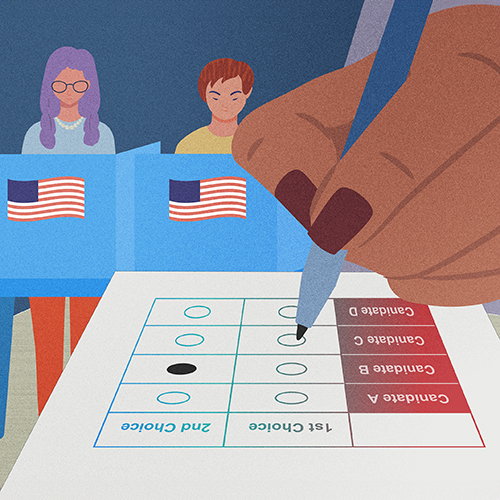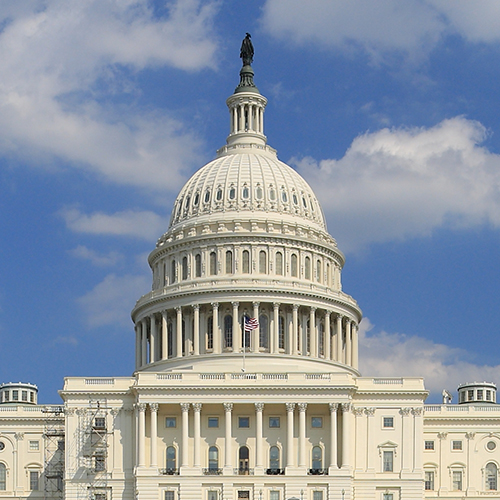While Americans and Canadians present identification when they cross the border, their shared ecosystems ignore such boundaries. Animals travel without regard for borders. An oil spill or overfishing in one country will often lead to problems in the other. Yet ecosystem research conducted in one country rarely addresses the concerns of both nations.
That situation is about to change, thanks in part to a course offered jointly by three universities: the University of Washington, the University of British Columbia (UBC), and Western Washington University (WWU). The course, Puget Sound/Georgia Basin: Protecting and Managing an International Ecosystem—a Tri-University Dialogue, is being offered for the second time Autumn Quarter 2002.
The course explores environmental issues affecting trade, aboriginal communities, and commerce in Washington State and British Columbia. Students attend classes at their own university and participate in joint weekend sessions—one at each partner university—that encourage international collaboration, with a final afternoon of student presentations to an audience of agency and industry representatives at WWU. There is also a lecture series, with speakers ranging from Environmental Protection Agency (EPA) staffers to tribal leaders.

“Although we are in one bioregion, there is extraordinarily little research that brings in concerns from both sides of the border,” says Nadine Fabbi, assistant director of the UW’s Canadian Studies Center. “The two countries are similar, with subtle differences—but the differences are vital.”
Fabbi first pursued the idea of the joint course after UW President Richard McCormick and UBC President Martha Piper signed an agreement for a joint Canada-U.S. Studies Program. “The Canadian Studies Center immediately began working on three joint courses with UBC,” says Fabbi. “The other two focus on urban planning and multicultural studies.”
For the ecosystems course, the Canadian Studies Center paired with the UW’s Program on the Environment (POE), which was already planning a course on the Puget Sound/Georgia Basin. POE director Craig ZumBrunnen felt that the opportunity for international exchange would be valuable for POE students. “It’s a wonderful approach—so much richer than just studying out of a textbook,” he says.
The course is taught by Ann Lesperance, Senior Research Scientist at the Pacific Northwest National Laboratory, who has headed the EPA’s international program for the Pacific Northwest region. To help students understand the competing interests and values surrounding the Puget Sound/Georgia Basin ecosystem, Lesperance has brought in agency heads, private sector representatives, environmental supporters, and others to share their unique perspectives. “These are the people in the field who are grappling with pieces of this,” she says. “I want students to hear it from them.”
As a final project, students are asked to focus on one conflict, represent it from various perspectives, and try to resolve it. The students are primed for the challenge.
"Last year, one student focused on energy issues near the border, including the placement of power plants,” recalls Lesperance. “Energy is a huge issue and the student felt she had to resolve it. She felt she had the weight of the world on her shoulders. I told her, ‘This is a five-credit course. We don’t have to resolve all the Northwest energy issues here,’ to which she responded, ‘You don’t get it. This goes beyond the five-credit course for me. This class has completely changed my life.’”
Fabbi suspects that such commitment comes, in part, from the students’ collaboration with their Canadian peers. “They really need to experience national differences,” she says. “It’s not about addressing issues in a theoretical manner but via an actual dialogue where Canadian and American students are together in the same room. We’re just close enough geographically that we can achieve that.”
More Stories

Is This Presidential Campaign Different?
UW History professor Margaret O'Mara provides historical context for this moment in US presidential politics.

Democracy by the Numbers
Mathematics and Democracy, an undergraduate mathematics course, explores the role of math in many aspects of democracy, from elections to proportional representation.

Making Sense of This Political Moment
To navigate this momentous election season, Arts & Sciences faculty suggest 10 books about the US political landscape.